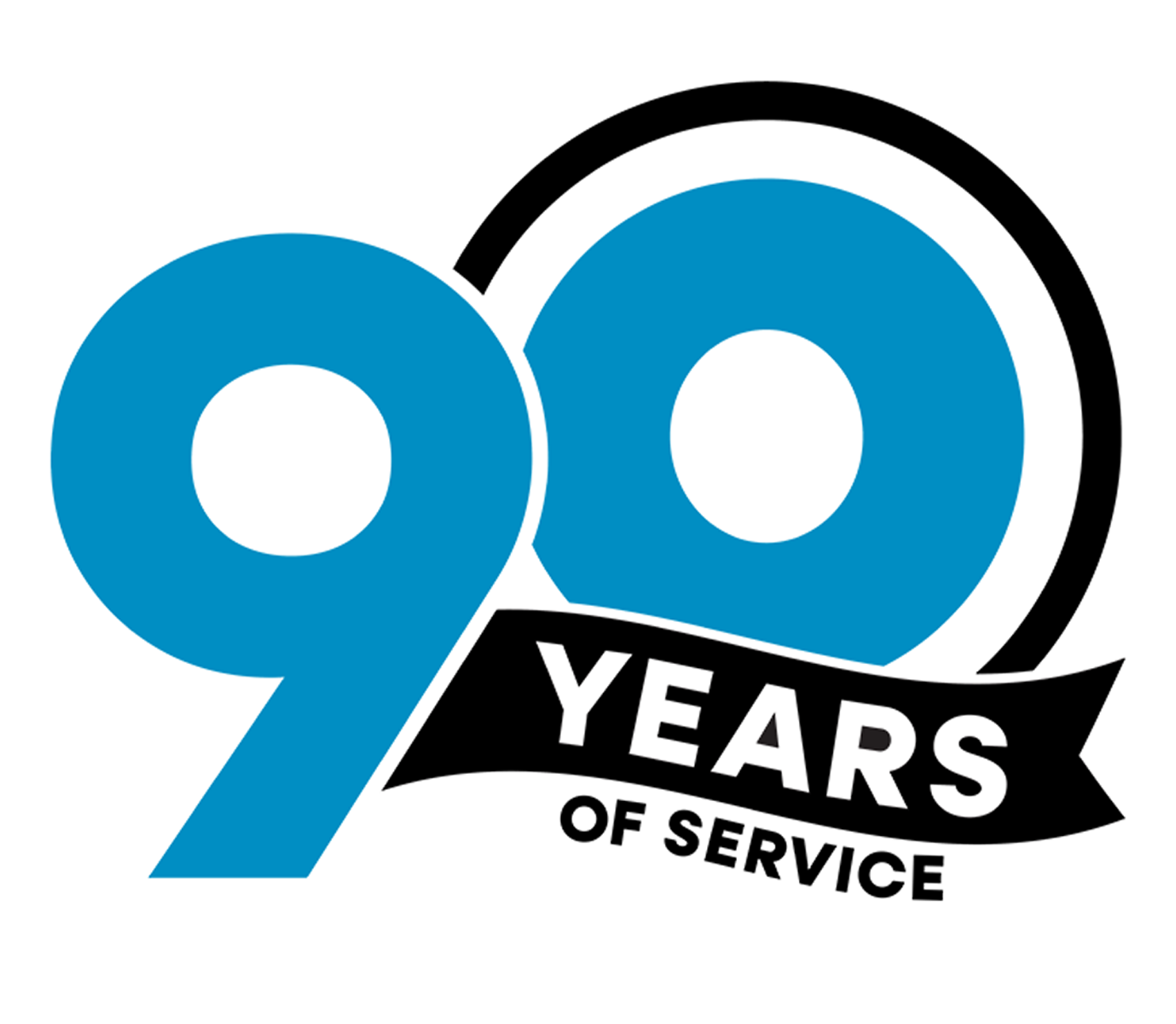October is a season of reflection and renewal, marked by traditions such as Samhain, Día de los Muertos, and Halloween. Across cultures, these observances honor the dead and recognize a time when the boundary between the living and the dead is blurred.
And, with all of this blurring of the boundaries, it’s natural to wonder about what happens after someone passes. One practical question that often arises: what happens to your debt when you die?
Sure, it may not be the most festive topic, but understanding how debt is handled after death can bring peace of mind and clarity for you and your loved ones.
Spoilers: Your Debt Doesn’t Die With You
When you pass away, your debts don’t vanish. Instead, they become part of your estate (aka, all the money, property, and assets left behind). But before anything can be passed on to your heirs, your outstanding debts must be settled. This process is handled through probate, the legal procedure that settles a person’s financial affairs after their death.
Typically, when you pass, your relatives won’t be required to pay your outstanding debts out of their own funds—but there are exceptions. The most common types of post-death debt, like mortgages, credit cards, and medical bills, do not automatically transfer to heirs when someone dies, but they also don’t simply disappear. Instead, those debts may lower or even eliminate the assets that might otherwise be left to your family. If your estate has enough assets, your creditors are paid first, and the remainder goes to your heirs or beneficiaries. If, however, you die with major debt, the outstanding obligations could force the sale of assets, such as a family home or cherished heirlooms.
When Family Might Be Responsible
In most cases, surviving family members aren’t personally responsible for paying off a loved one’s debt. However, there are a few exceptions:
- Joint accounts or co-signers. If you co-signed a loan or shared a credit account, the other person listed will still be responsible for the balance. If someone is simply an authorized user on your credit card, they aren’t responsible for the debt when you pass. The balance remains with your estate.
- Community property states. If you live in a community property state (like California, Washington, or Texas), your spouse may be responsible for certain debts taken on during your marriage. Oregon, however, is not a community property state.
- Secured loans. If your debt is tied to an asset—like a mortgage or car loan—the lender has the right to repossess or foreclose on that asset if payments stop. However, your heirs may be able to retain the property by continuing payments or refinancing the loan in their own name.
Debts Typically Paid From Your Estate
Not all debts are treated equally when you pass, but many are settled using the assets you leave behind. So, you may be wondering: if debts are paid from the assets in your estate, can’t you just give those assets away before you pass?
While that might seem like a simple workaround, it generally isn’t. Most states have a three-year “look-back” period that allows creditors to include recent gifts when settling debts through the estate. In some cases, that means the recipients of your gifts may have to return part—or even all—of what they received so creditors can be paid.
Credit card debt
Your credit card debt is typically paid from your estate. Just keep in mind: while an authorized user on your account isn’t responsible for your debt, a joint account holder would still be responsible. But if there isn’t a joint holder and there isn’t enough money in your estate, lenders may write off the remaining balance.
Mortgage debt
If you still owe on your mortgage when you die but have a surviving co-borrower, they will likely assume the debt and ownership of the home. If you are the sole borrower, your heirs can choose to keep the home by assuming the mortgage, selling it to pay off the debt, or letting the lender foreclose (if the debt isn’t settled).
Car loans
As with your mortgage debt, when you die, your car loan becomes the responsibility of your estate or co-signer—who must arrange to refinance, make the payments themselves, or pay off the balance using estate assets. If payments stop and the estate has no assets to cover the debt, the lender can repossess the car.
Medical debt
Medical debt is often a significant portion of our final expenses, especially in the U.S. In Oregon, your medical debt is typically paid from your estate, rather than by family members—unless they shared joint responsibility for the debt.
If you are a Medicaid recipient, the state of Oregon may seek to recover payments from your estate for medical or long-term care services provided under Medicaid. Oregon also has filial support laws that could, in theory, allow creditors to hold your adult children responsible for certain health care costs after your death, but enforcement of these laws is extremely rare.
That said, even though your family members are generally not legally responsible for your debt after you’re gone, debt collectors may still contact them. So, planning ahead, communicating with your loved ones, and keeping your accounts organized can help reduce confusion and stress during this time.
Debts That May Be Discharged or Forgiven
The good news is that some types of debt may disappear when you pass, though the rules vary depending on the type and lender:
- Federal student loans. Federal student loans are typically discharged upon your death, once your family provides proof of death. If a Parent PLUS loan was taken out, it’s also discharged if either the parent borrower or the student dies.
- Private student loans. Whether these are forgiven depends on the lender. Some may discharge the loan, while others treat it like any other debt and collect from your estate.
- Certain private loans or lines of credit. Some lenders include “death clauses” that may forgive the remaining balance upon your death, depending on the terms of the loan.
- Military service–related debts. Some loans or debts incurred by service members may be discharged upon their death.
Protecting Your Loved Ones
You can’t control everything that happens after you’re gone, but you can take steps to make things easier for the people you care about. First and foremost, keep your accounts organized and up to date so your executor knows what’s owed and where to find important documents.
Create a will to direct how your assets are distributed, and maintain life insurance to provide financial support and cover any outstanding debts. Also, consider Swedish Death Cleaning. It’s a thoughtful approach to decluttering your belongings and organizing your estate while you’re still alive. Many use the process as a means to reduce stress for loved ones and gain a clear sense of their belongings and priorities. Finally, even though it’s a sensitive topic, use this season as a reminder to discuss your plans openly with your family to prevent confusion or surprises. Thinking about your death may not feel pleasant, but planning ahead is one of the most meaningful ways to care for the people who matter most. And, if you want help planning your financial future—or preparing for the unexpected—Maps Credit Union can guide you every step of the way.

